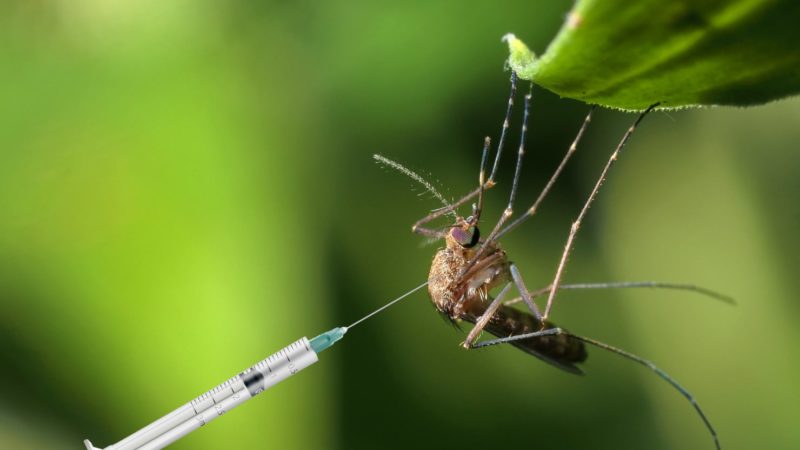Genetically modified (GM) “male-sterile” mosquitoes are due to be released in the very near future, in Burkina Faso by the Target Malaria research consortium, the African Centre for Biodiversity (ACB) has disclosed.
Target Malaria acknowledges however that there are no benefits to the proposed GM mosquito release.

According to Mariam Mayet, Executive Director of the ACB, “There is absolutely no justification for releasing these GM mosquitoes. It is highly unethical and totally unacceptable to conduct experiments which carry risks, yet do not bring any benefit for malaria control in Burkina Faso.“
The application to make open releases of GM mosquitoes was reportedly approved by the National Biosafety Agency (Agence Nationale de Biosécurité, ANB) in Burkina Faso in September 2018 and, as a result, the first open releases of GM mosquitoes in Africa are planned for the coming year.
The open release is intended to test the infrastructure and systems for future release for, as yet, experimental technologies, notably “gene drive” mosquitoes. Target Malaria’s ultimate aim is to release gene drive mosquitoes, with the aim of reducing the population of Anopheles mosquitoes, which can transmit the parasite that causes malaria. The hope is that reducing the mosquito population will reduce the risk of malaria transmission and hence disease incidence.
However, the proposed release of GM “male-sterile” mosquitoes, meant to only be for training purposes, is not expected to deliver any benefits for malaria control in Burkina Faso. This is not an early stage trial for later releases of the gene drive mosquitoes, but releases of an entirely different GM mosquito.
Instead, the release of the GM mosquito poses risks, including the incidental release of some biting female GM mosquitoes during the experiments, according to the ACB. While Target Malaria claims that the number will be small, nevertheless, since GM female mosquitoes can bite humans and spread disease, the release of biting females still poses some risk to local people.
ACB claims it has evidence that Target Malaria is paying compensation of 400 CFA francs (approximately 70 US cents) per hour to local villagers to allow for the collection of biting female mosquitoes from their own bodies.
“The use of a financial incentive to individuals to expose themselves to biting female mosquitoes, and potentially to malaria, is also ethically extremely questionable,” said Dr. Helen Wallace, Director of GeneWatch UK.
There is no published environmental risk assessment (ERA), other than that published by Target Malaria and there has been no public consultation, apart from “public engagement” activities conducted by Target Malaria (the organisation proposing the releases). Any decision on open releases of GM mosquitoes requires meaningful public consultation, as mandated by the Cartagena Protocol on Biosafety, to which Burkina Faso is a Party, insists the ACB.
“The lack of a comprehensive, published ERA, which has been subject to a full public consultation, undermines the legitimacy and credibility of the reported approval of these experiments,” said Lim Li Ching, Senior Researcher from the Third World Network. “Without this, local people cannot be fully informed about the risks before making a decision on whether to accept them.”
According to scientists, malaria is a serious public health issue that disproportionately affects Africa.
“Instead of investing in risky GM technologies, what is needed is a more holistic approach to significantly and sustainably decrease the burden of malaria – one that integrates interventions and research on health, climate, agriculture (and eventually economics and housing) – in tackling the main factors contributing to the disease and its transmission,” said the ACB.
